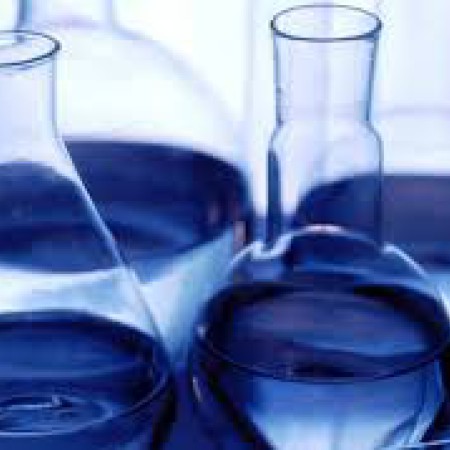What are glycols used for ?
What are glycols used for ?

In water chiller, freon during its vaporisation cools the water. Cold water use as a cooling agent for such systems as air handling units, fan coils and other terminal units in order to prevent freezing during a winter period, these systems most often include a cooling agent in the form of not pure water, but its mixture with glycol - propylene or ethylen.
The type of used glycol and its concentration in the water mixture determine the temperature of solidification and other physical and chemical properties of the liquid. While specifying the required concentration of the glycol mixture, it is necessary to remember that the temperature of solidification of the used mixture must be lower almost 3 degrees from the ambient temperature.
Despite high popularity of both types of glycol, ethylene glycol is most often used. This is due to the lower viscosity coefficient in comparison to propylene glycol (30% of propylene glycol and water mixture has 100% higher hydraulic flow resistance in comparison to pure water), and lower costs.
However, ethylene glycol is a toxic substance. Propylene glycol in this case is characterised by significantly lower toxicity. Due to this fact, it is used in the food industry and in places where a potential leak could get in contact with drinks or food.
The figure presents the change of solidification temperature depending on the concentration of glycol in the water and glycol mixture.
Water and glycol mixture have a stronger corrosiveness than water. Inhibitors are used in order to protect the installation from damage and protect the liquid itself from glycol degradation.
Dosage of inhibitors can be performed directly into the installation and act as an element of the developed water treatment station. It is also possible to use ready-to-use mixtures of water, glycol and inhibitors, where the inhibitors comprise 4÷6% of the mixture.